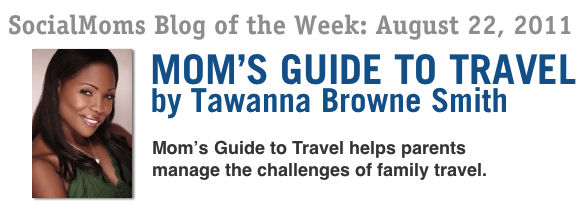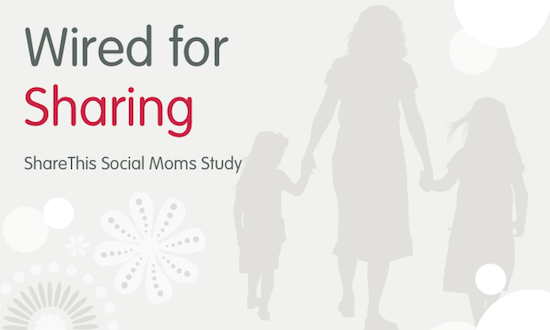Putting Standardized Report Cards In Perspective
March 9, 2015
I found myself outside with a group of moms during parent teacher conferences a few months ago. We talked about how the meetings went and many of us praised one particular teacher because he always had a personal story or two about our child. “Oh I don’t care about that,” another mom added. “I just want to know what my child is doing well and how he needs to improve.”
Now, every mom is different. You might be thinking, Yeah! She knows how to get down to business. Or you might think, How could she not want to hear about her kid?! I know this mom in particular. She adores her children and works very hard to insure their success in school. Her approach works well.
But with report card season rolling around again, I want to offer you some perspective on what exactly you’re looking at. By now, most schools have switched to standardized report cards. You can read about them in Standardized Report Cards: The Good, Bad, and Ugly. An A in times past would reflect not only your child’s work but the teacher’s opinion. Projects and writings received subjective grades. It’s important to remember that grades no longer come from all of the work in the classroom. For most schools, the classroom work is meant to teach and then kids take assessments at the end of the grading period to determine where they fall within the standards.
This means that report cards are a reflection of those assessments. You want a teacher who knows your child well enough to catch inconsistencies in those results. A teacher who can tell you a story about how you daughter reacted to a science experiment or your son dealt with a neighbor trying to cheat can also tell you how a low math score doesn’t necessarily reflect potential or a high reading score doesn’t signify a large amount of effort. In the first report card this year, my daughter’s mandarin teacher told me that, while she received an at grade level score, a bit more practice with the optional homework would bump her up to above grade level and she would be one of the better speakers in the class. I was able to bring that information home and motivate her do the extra work in a way the grades alone wouldn’t have inspired.
A drawback to this kind of reporting system is that there is no way to regulate the testing environment and circumstances. I will be relying on our teachers’ more personalized information this semester particularly because my kids managed to be sick most of the days when they ran assessments. There’s a good chance my kids didn’t get to all of the tests and the ones they did take were done while feeling under the weather. Beside illness, students might also suffer from a bad friend day, a sleepless night, or just a distracted mind on the day of the test.
So, when you get that report card this semester, take a look. Does it make sense to you? Is there a grade or a subject that stands out as surprisingly high or low? Then talk to the teacher if only to check in and say thanks. They are working hard for your children.
If you are having parent/teacher conferences, you can get a few hints in Making the most of Parent/Teacher Conferences and Parent to Teacher Communication: What Should You Know.





